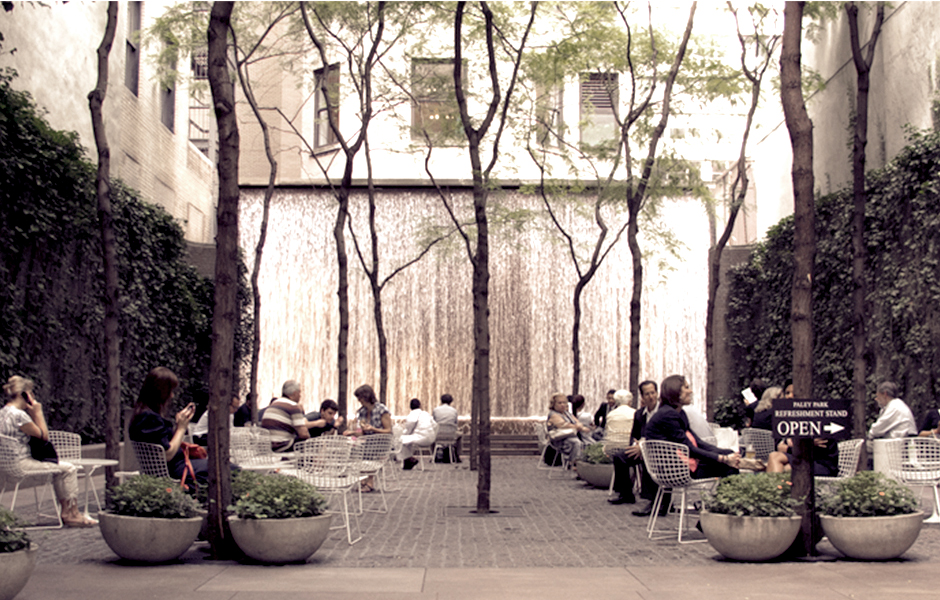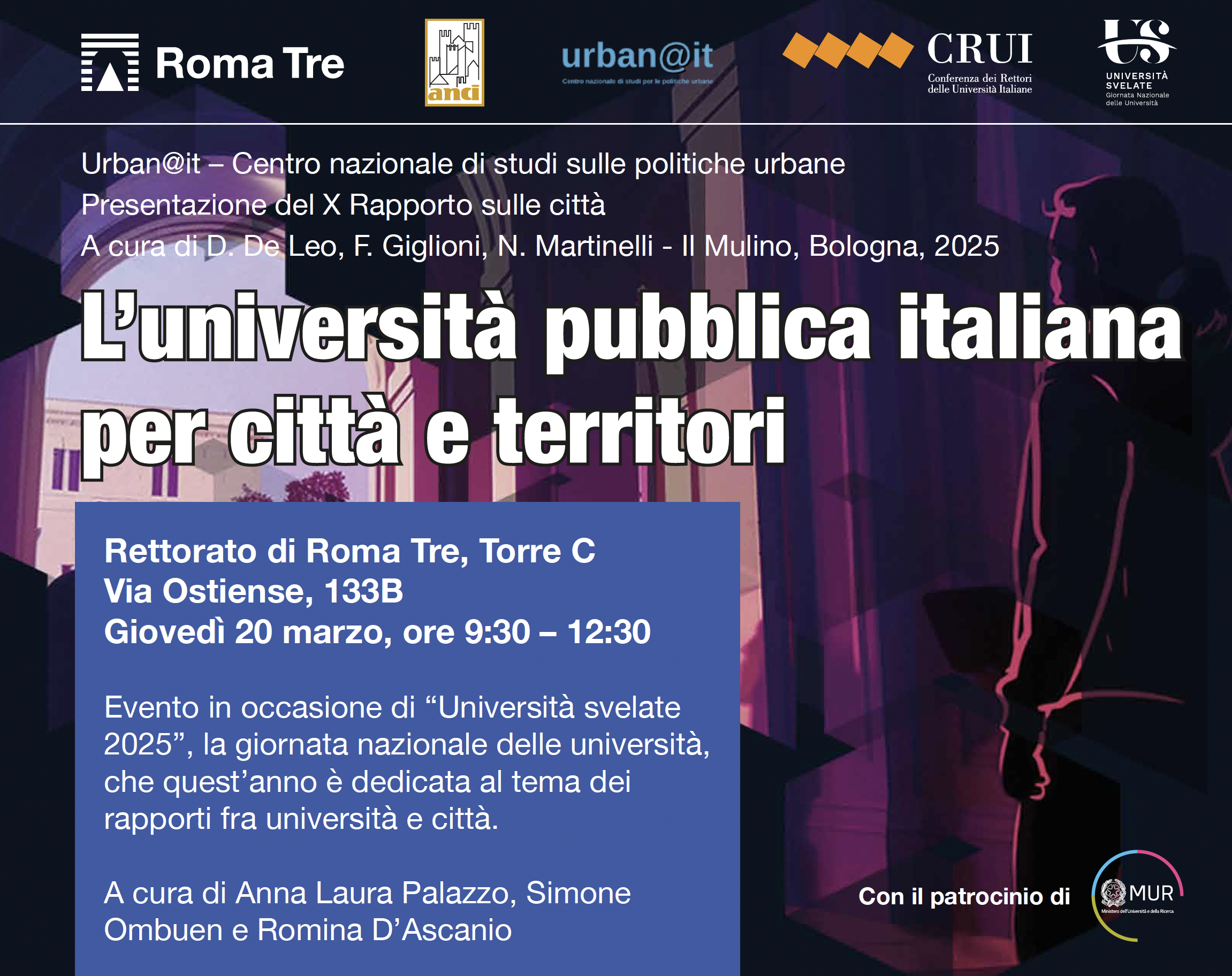Novità in rubriche – focus
 Piccoli spazi urbani e micro-identità
Piccoli spazi urbani e micro-identità
Le politiche di pocket parks come strumenti di rigenerazione della città pubblica
Caterina Montipò
Lo spazio pubblico è spesso visto come misura della qualità di una città. Considerando questa sia come ambiente costruito che come contesto sociale e culturale, lo spazio pubblico rappresenta quel luogo dove i due aspetti si incontrano e si influenzano reciprocamente. Il tessuto urbano è costellato di spazi considerati di risulta, interstiziali o abbandonati: questi piccoli spazi urbani sono fondamentali risorse sulle quali investire per la definizione di riferimenti collettivi e nuove centralità per i quartieri. Le politiche di pocket parks intervengono su questi spazi residuali e cercano di raggiungere le grandi trasformazioni partendo appunto dai micro-sistemi e dalla piccola scala. I pocket parks sono luoghi intermedi tra la dimensione pubblica e quella privata, capaci di favorire l’interazione fisica e conoscitiva tra persone; sono spazi flessibili in grado di assorbire le opposizioni e le trasformazioni della città, diventando momenti di espressione e coesistenza delle diversità.
Pocket parks policies as strategies for urban public space regeneration
The quality of a city is often measured by its public spaces. If we consider a city both as a physical environment and as a social and cultural context, so public space is the set where these two sides take place and affect each other. Plenty of vacant lots, scrap spaces or in-between spaces are spread out over urban texture, they are mostly underused or abandoned. These small urban spaces are great opportunities instead. They could be the starting point to create or regenerate new collective references and centres for neighbourhoods. Pocket parks policies intervene on urban public space’s fragments. They try to aim great transformations starting from urban micro-realities in a small scale. Pocket parks are the halfway between public dimension and private space, they support people interaction and they encourage communities to live their streets. Pocket parks are flexible spaces which can absorb city’s oppositions and changes. They are places where differences can coexist and be shown.
Caterina Montipò: Laureata in Architettura presso il Politecnico di Milano con la tesi “Beyond the wall. Architectural sequence of wine landscapes in La Portera”, che affronta il tema dell’architettura industriale in relazione al paesaggio. La sua formazione si conclude con l’esperienza Erasmus presso la Universidad Politecnica de Valencia, dove sviluppa il progetto di tesi. Le sue prime esperienze lavorative si svolgono in Cile, dove collabora con lo studio di paesaggismo Harris e Illanes Arquitectos. Attualmente svolge l’attività di architetto come libero professionista in Italia.
Caterina Montipò: Graduated at the Politecnico di Milano with the master thesis “Beyond the wall. Architectural sequence of wine landscapes in La Portera”, that studies the relation between industrial architecture and the landscape. Her studies ended with the Erasmus experience at the Universidad Politécnica de Valencia where she developed mostly of the thesis project. Her first work esperience took place in Chile where she collaborated with the landscape studio Harris e Illanes arquitectos. Now she is working as freelance architect in Italy.






